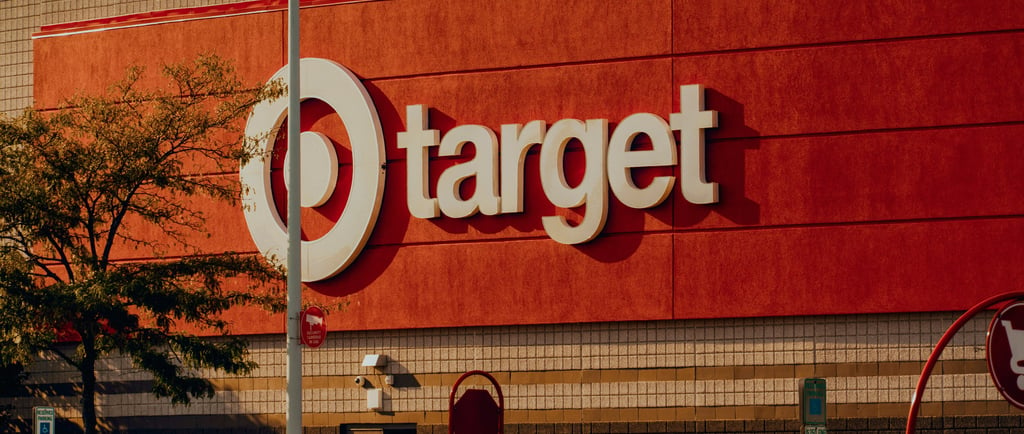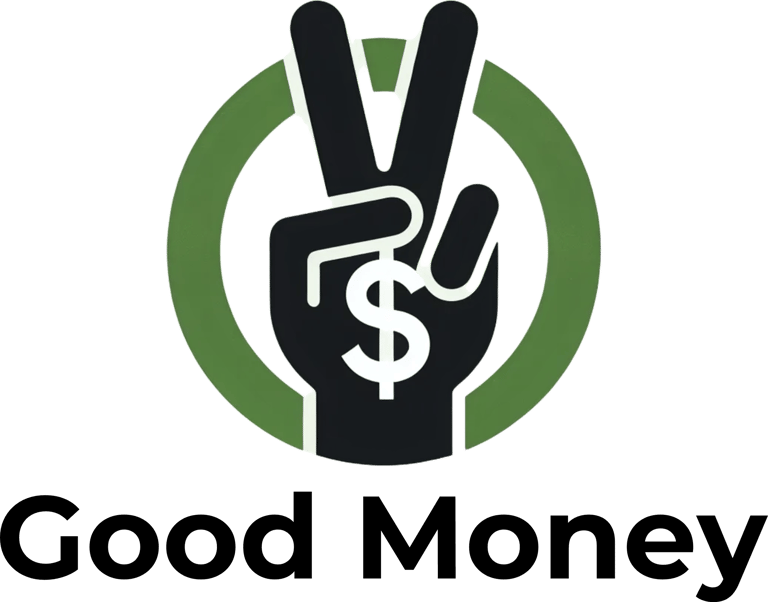Target Faces Prolonged Foot Traffic Decline Amid Backlash Over DEI Rollback
Target is grappling with its sixth straight month of shrinking store visits, underscoring the mounting fallout from customer boycotts tied to its retreat from diversity, equity and inclusion commitments.
NEWS
Staff
8/19/20251 min read


Target is grappling with its sixth straight month of shrinking store visits, underscoring the mounting fallout from customer boycotts tied to its retreat from diversity, equity and inclusion commitments.
Foot traffic in July fell 3.9% from the previous year, according to location analytics firm Placer.ai. Overall visits are down nearly 8% compared with last year. According to Black Enterprise, the slump coincides with a sharp drop in the company’s stock price, which tumbled from $145 a share to $93 in 2025, wiping out an estimated $12 billion in market value.
The downturn follows public backlash after Target rolled back several DEI initiatives launched in the aftermath of George Floyd’s murder. In 2020, the retailer pledged to invest $2 billion in Black-owned businesses and highlighted its push to build a workforce reflecting its customer base. Those commitments were later scaled back, prompting criticism from civil rights leaders and community advocates.
Pastor Jamal Bryant of New Birth Missionary Baptist Church emerged as a leading voice in the boycott movement. Earlier this year, Bryant organized a “40-day Target Fast,” encouraging Black shoppers to withhold spending as a direct response to the company’s policy shifts. He staged in-person boycotts on significant dates, including the anniversary of Floyd’s death, and underscored the economic impact of Black consumers.
“Black people spend upwards of $12 million a day, and so we would expect some loyalty, some decency and some camaraderie,” Bryant told CNN.
While declaring “Target is canceled,” Bryant has since shifted focus to Dollar General. Rather than calling for a full boycott, he is urging digital activism aimed at pressuring the discount retailer on issues affecting underserved communities, where Dollar General often serves as a primary grocery source.
“It is so critical and important that corporations recognize and respect the Black dollar and our consumer power,” Bryant said.
The continued decline in Target’s in-store traffic highlights the tangible consequences of consumer activism, raising questions about how corporations navigate social commitments while balancing shareholder concerns.
Connect
Discover businesses aligned with your values today.
info@goodmoney-app.com
© 2025. All rights reserved.
Write your text here...
A Subdivision of Original Media Group LLC.

